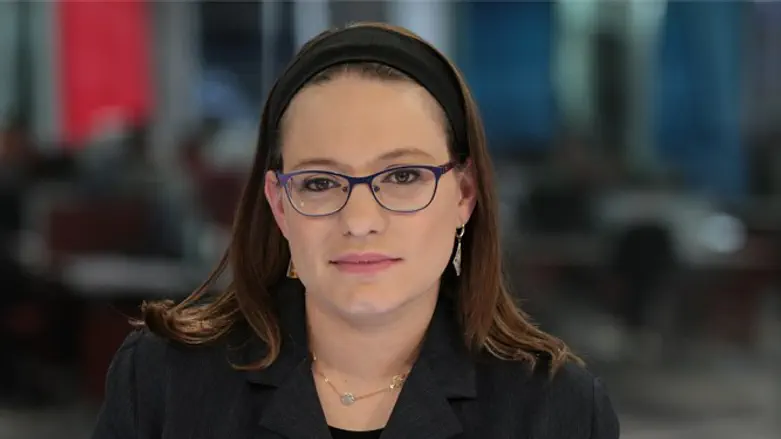
-The creation of the world.
-The creation of man.
-The creation of Shabbat.
-The expulsion from the Garden of Eden.
-Cain murders Abel.
-Noah, the flood, and the ark.
-The call of "lech lecha" (go forth) to Avraham and Sarah. The binding of Yitzchak (Isaac). The hospitality of Avraham. His struggle on behalf of Sodom.
-The digging of wells by Yitzchak. The generosity of Rivkah (Rebecca).
-The sale of the birthright of Esau to Yaakov. The meeting of Yaakov (Jacob) and Rachel beside the well. The work ethic of Yaakov as an employee of the duplicitous Lavan. The return of Yaakov's family to the Land of Israel.
-The sale of Yosef by his brothers. Yosef in prison, and then in the royal palace as his unique personality is revealed. The reunion with his brothers. The reunion with Yaakov.
-The death of Yaakov after the emotional blessings to his children and grandchildren. The death of Yosef after the request that his coffin be carried out of Egypt when the Exodus comes, to be buried in the Land of Israel.
This is a summary of the book of Genesis that we finished reading this Shabbat. We began reading the book of Genesis during the corona, immediately after the holidays of Tishrei, on Simchat Torah, and unfortunately we are finishing it with the corona still here, but in the midst of a vaccination campaign.
Whenever we finish reading one of the five books of the Torah in the synagogue, we declare in a loud voice "Chazak, chazak, v'nitchazek" (Be strong, be strong, and let us strengthen one another). If only when we finish the book of Exodus, the book of liberation from our enslavement in Egypt, we will have experienced liberation from our present enslavement - from coping with confinement, isolation, and quarantine - and taste what redemption is really all about.
Chazak, Chazak, Ve'nitchazek.
Jonathan Pollard sets an example for us. Hereminds us that we all share the same story*
Before dawn, at 5 o'clock in the morning several days ago, Jonathan Pollard landed in Israel and a video of the event was immediately broadcast throughout the world. What was so special and emotional about this moment?
1. Pollard descended from the plane and signaled to the Prime Minister that, with all due respect, his greeting must wait. Before anything else, Pollard had to kiss the ground of the Land of Israel. Beyond the political story, beyond the interests of Netanyahu and Trump, this is a story of a Jew returning home.
2. But wait, returning home? Pollard had never lived here before (I have been told by a reader that he spent a summer in camp here) yet this is what his story is all about. Elie Wiesel once said that a Jew does not need to have ever been in the Land of Israel to call it home. In this week's Torah portion, Vayechi, Rashi writes about Rachel Imeinu, who has been waiting until now for all of her children to return -- for all the millions of Pollards who are still scattered throughout the world to return to the Land of Israel in order for God's promise to be fulfilled: "And the children will return to their own border."
3. Pollard did something else during his first moments in Israel, before he kissed the ground: he took off his mask. In the end, after 35 years of waiting, he arrives here at the height of a deadly pandemic. Who would have believed that his arrival here would be like that, without a single firm embrace from anyone? Instead of going immediately to the Western Wall to pray in a gathering of thousands, he went immediately into isolation. Perhaps this is for the best, at least from the standpoint of our relationship with the United States.
4. We could focus on the question of why he spied (There is no accusation against him here. From the moment he signed an agreement with Israel to do what he did, Israel was responsible for his well-being.) We could speak about the damage that was done to the relationship between us and the United States, our dear friend (In any case, it is reasonable to assume that no more Pollards will be activated any time soon). Bottom line: the man who became a symbol during the 35 years that we prayed for him ("Yehonatan ben Malka") and to whom numerous teenagers, primarily in the religious Zionist camp, dedicated many of their efforts for years, a man who sacrificed and paid a heavy price, and was not able as a prisoner to father children with his wife, has become free.
5. And finally, we heard the words of Pollard himself: "This is a wonderful country," said the man without complaint; the man who was abandoned outside our embassy, who was forgotten. "We hope to become productive citizens," he said, reminding us that this is not the end of the Pollard affair as some newspaper headlines proclaimed, but a new beginning. Pollard is finally beginning the life that he always wanted to live. "It is a country with a tremendous future, it is the future of the Jewish people," he continued.
We are accustomed to hearing important political speeches broadcast at 8 o'clock in the evening, sometimes two of them simultaneously, but it appears that the most important speech in recent memory was delivered at 5 o'clock in the morning at Ben Gurion Airport. It was a simple speech that reminded us that at this time of ugly political division and conflict we all share the same story.
Chazak Chazak Ve-nitchazek.
* Translation by Yehoshua Siskin